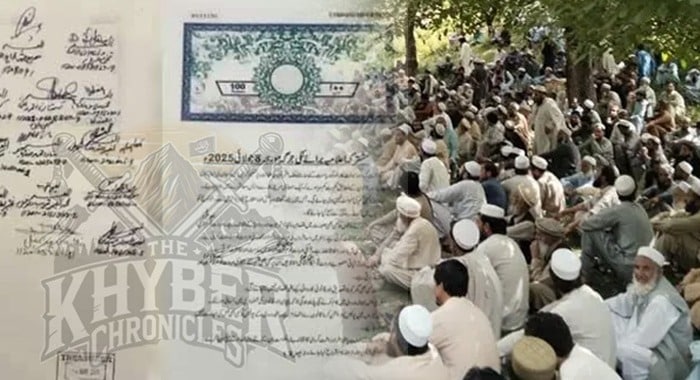After a separate and rare development in the Tirah Valley of Khyber district where the outlawed Tehreek-e-Taliban Pakistan (TTP) accepted tribal demands for peace, new tribal peace agreements have now been reached across several southern tribal districts of Khyber Pakhtunkhwa, signalling a growing community-led movement to push back against militancy.
The fresh accords, described by officials as a “significant breakthrough,” have been finalised in Lakki Marwat, Tank, Hangu, and Dera Ismail Khan, where tribal elders, local administrations, and security institutions have come together to formulate a united front against terrorist activity.
Key terms of the agreements include:
Strict prohibition on sheltering, feeding, or supporting any terrorist or facilitator.
Complete ban on the entry of militants into populated areas.
No tolerance or leniency for individuals involved in terrorism.
These accords reflect a unified tribal resolve to support the state and uphold peace through local mechanisms.
Officials say the new understandings reflect a growing tribal resolve to reclaim peace and safety in regions long destabilised by violent extremism. “The people have had enough. These agreements mark a clear line — terrorism will no longer be tolerated or enabled by silence,” said a senior security official involved in the talks.
Local communities, too, appear to be taking ownership of peace-building efforts, with tribal notables pledging active surveillance, intelligence-sharing, and accountability at the grassroots level. In some areas, district peace committees have been tasked with monitoring compliance and ensuring swift reporting of any suspicious activities.
This wave of tribal action comes on the heels of a rare and widely welcomed development in Tirah Valley, where the TTP earlier accepted all five conditions presented by the Bar Qambar Khel tribe during a jirga mediated peace initiative. That agreement included firm restrictions on militant activity, funding, interference in civil affairs, and accountability for past abuses, and is now being viewed as a potential model for wider, community-driven peace efforts across conflict-hit tribal zones.





